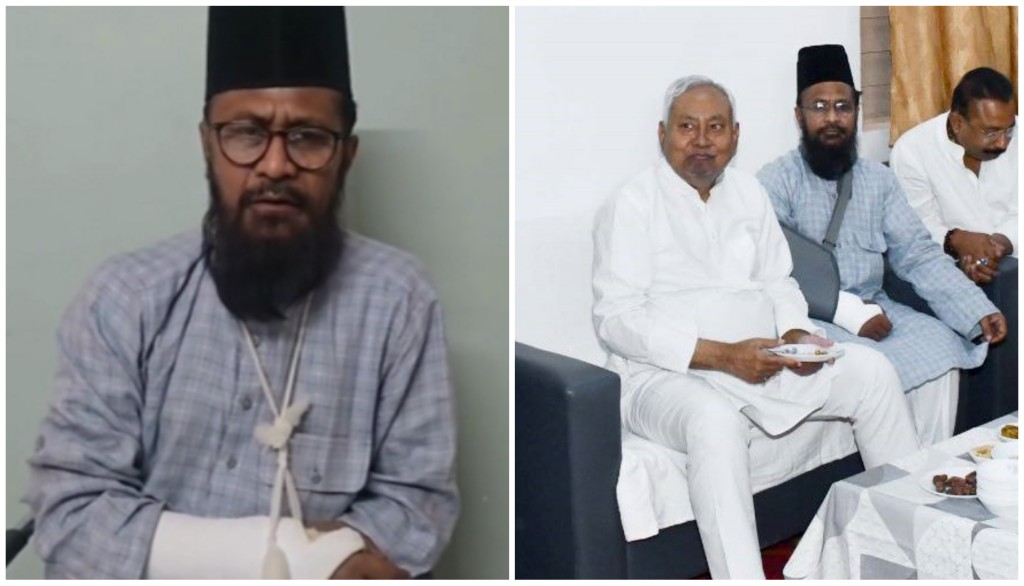
Patna : The Janata Dal United (JDU) is witnessing internal dissent over the passage of the Waqf Amendment Bill, with senior leader Ghulam Rasool Baliyavi voicing strong opposition to the party’s stance. The bill, which was approved by the Lok Sabha and is set to clear the Rajya Sabha, has triggered discontent among Muslim leaders within the party.
Baliyavi, a former Member of the Legislative Council (MLC), expressed his frustration, stating that there was now “no difference between secular and communal” forces. His remarks have raised speculation about whether Bihar Chief Minister Nitish Kumar and JDU’s leadership are in his line of fire.
Baliyavi’s Challenge to Party Leadership
Speaking to reporters, Baliyavi stated that despite his repeated appeals to stop the bill—including direct appeals to JDU’s leadership and Chief Minister Nitish Kumar—the party had chosen to support it. “We tried everything, from lobbying JPC members to appealing to the CM. But last night in Parliament, everyone was exposed,” he said.
Baliyavi urged members of the Muslim community to remain composed and focus on legal recourse rather than venting frustrations online. He announced plans to challenge the bill in the Supreme Court with the support of Idara-e-Sharia and a legal team. “We will fight this battle to its last stage,” he declared.
Call for Strategy Meeting
The JDU leader also hinted at mobilising further opposition against the bill, stating that a strategic meeting would be convened soon. “We are not going to remain silent. A crucial decision will be taken shortly,” he said, urging people to participate and contribute to the party’s course of action.
JDU’s Support for the Bill
Despite internal opposition, JDU has officially backed the Waqf Amendment Bill. Defending the party’s stance in the Lok Sabha, Union Minister Lallan Singh described the bill as a “historic initiative” aimed at empowering marginalised Muslim groups, particularly Pasmanda Muslims and women. “This legislation will promote social justice, transparency, and fairness,” Singh said.





